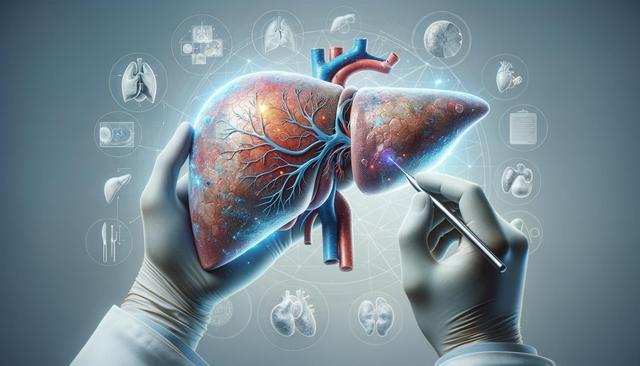What Are Weight Loss Injections?
Weight loss injections are medical treatments that aim to support individuals in reducing body weight by targeting specific physiological processes. These injectable therapies often include compounds that help regulate appetite, improve metabolism, or influence how the body processes fat. They are typically administered under medical supervision and may be recommended for people who have not achieved desired results through diet and exercise alone.
Some common types of weight loss injections include:
- Appetite suppressants that mimic natural hormones in the body
- Metabolism enhancers that increase energy expenditure
- Fat absorption inhibitors that limit the body’s intake of dietary fats
These treatments are generally prescribed as part of a broader weight management plan, which may also involve lifestyle counseling, nutrition guidance, and physical activity. It’s important to understand that weight loss injections are not a quick fix, but rather a tool that may complement long-term strategies for sustainable weight control.
How Do They Work?
Weight loss injections function through various mechanisms depending on the type of medication used. Many of these injectables contain synthetic versions of hormones that naturally occur in the body, such as those that help regulate hunger and satiety. By mimicking or influencing these hormones, the injections can help reduce food intake or improve how the body utilizes stored energy.
For example, certain injections act on the brain’s hunger centers, helping individuals feel fuller sooner and for longer periods. Others may slow down the emptying of the stomach, which prolongs the sensation of fullness after eating. Some may enhance insulin sensitivity, which can promote more stable blood sugar levels and reduce cravings.
It’s essential to consult a healthcare provider before starting any injectable treatment. A medical assessment can help determine whether this approach is suitable based on your health history, current medications, and weight loss goals.
Benefits and Considerations
One of the main advantages of weight loss injections is their potential to support individuals who struggle with weight-related health concerns, especially when lifestyle changes alone have not been effective. When used appropriately, these treatments may lead to improved health markers such as reduced blood pressure, better glycemic control, and lower cholesterol levels.
However, like any medical intervention, there are important considerations to keep in mind:
- Side effects can include nausea, digestive discomfort, or fatigue
- Regular monitoring by a healthcare provider is typically required
- Costs may not be covered by all insurance plans
- Long-term success still depends on lifestyle changes
These factors highlight the importance of a well-rounded, individualized weight loss plan. Weight loss injections can be a helpful component, but they are most effective when combined with healthy eating patterns, regular exercise, and behavioral support.
Who Might Benefit from Weight Loss Injections?
Weight loss injections are typically recommended for individuals with a body mass index (BMI) over a certain threshold, especially if they have comorbid conditions such as type 2 diabetes, high blood pressure, or obstructive sleep apnea. They may also be considered for individuals who have tried conventional weight loss methods without success.
Candidates for these treatments often include:
- Adults with a BMI of 30 or higher
- Adults with a BMI of 27 or higher with obesity-related conditions
- Individuals who are committed to following a supervised medical weight loss program
It’s important to note that weight loss injections are not suitable for everyone. People with certain medical conditions, such as pancreatitis or severe gastrointestinal issues, may not be eligible. A thorough consultation with a healthcare provider is essential to determine eligibility and ensure safe and effective use.
Integrating Injections into a Broader Weight Management Strategy
To achieve sustainable weight loss, injections should be considered one part of a comprehensive approach. Behavioral changes, nutritional adjustments, and consistent physical activity remain the foundation of any effective weight management plan. When combined with these elements, injections can support better outcomes and help individuals stay motivated throughout their journey.
Some key components of a complete strategy include:
- Setting realistic and measurable goals
- Tracking food intake and physical activity
- Attending regular follow-ups with healthcare professionals
- Building a support system for accountability and encouragement
In many cases, individuals see the most benefit when injections are part of a medically supervised program that includes education, coaching, and ongoing assessment. This structured approach can lead to more consistent progress and help manage any side effects or challenges that arise during treatment.
Conclusion: Is It the Right Option for You?
Weight loss injections can be a valuable tool for individuals seeking additional support in their weight management efforts. While not a standalone solution, they offer a potential benefit when integrated into a holistic plan that includes healthy habits and professional guidance. As with any medical treatment, it’s important to make informed decisions based on your unique health needs and goals. Consulting with a qualified healthcare provider is the first step in determining whether this option aligns with your overall wellness journey.




Leave a Reply